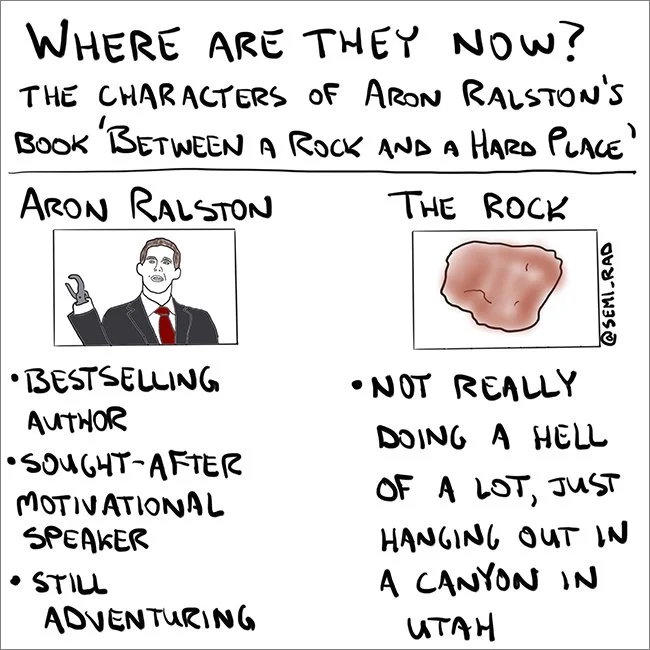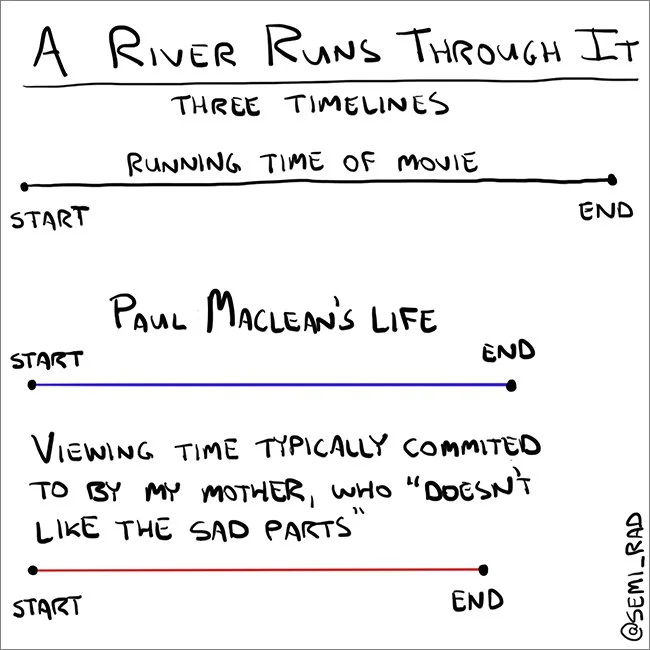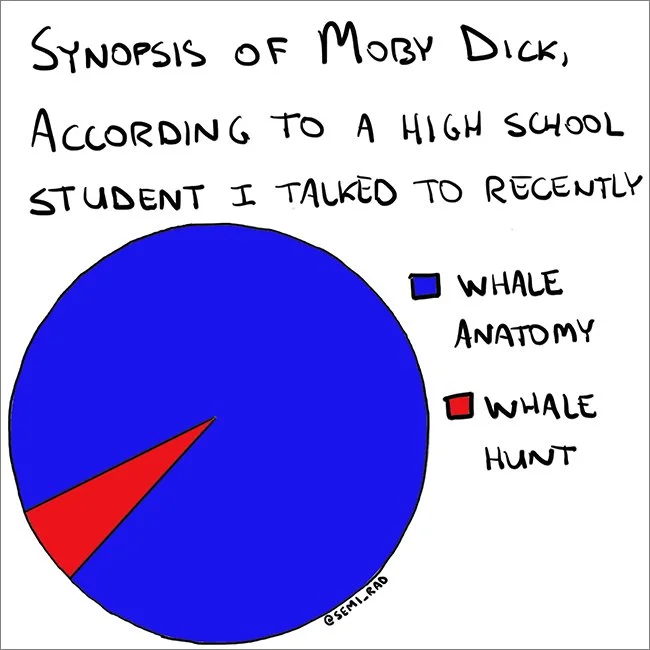A survivalist’s literary survival list
Brendan Leonard can’t stop making things.
In 2016’s Sixty Meters to Anywhere, his slim-but-affecting memoir, Leonard recounted his ascent from a life of shiftlessness, drinking, and poor decisions to redemption on the peaks of Colorado and the West. Kevin Fedarko – author of The Emerald Mile, for my money of one of the greatest adventure stories ever told – called it “a deeply honest, courageously wrought, searingly original testament to the austere rewards of climbing.” Five months later, his self-published Make It Till You Make It boiled down his writing philosophy into 40 “myths and truths about the pursuit of creative expression” (spoiler alert: it has much to do with exiling your inhibitions, fears, and excuses).
His latest book switches gears yet again. The Great Outdoors: A User’s Guide(bound in a vibrant orange, durable-if-tactually-strange rubberized cover) aims to educate readers in the basics of outdoor recreation in all its forms, from the mountains to the water to the snow. It’s a bit of an SAS Survival Handbook for non-radicalized outdoors enthusiasts: the weekend warriors, aspiring adventurers, or cubicle-bound daydreamers like me. Topics range from gear basics to knots, camp cooking, backcountry navigation, technical pursuits like mountaineering and whitewater rafting, and a host of other essential questions:
How can I climb Everest?
Do I need zip-off pants? (related: Why all the plaid?)
How do I get out of a forest fire?
How do I fight off a bear?
Can I drink my own urine in an emergency situation?
And there are hundreds more.
Reader of Leonard’s website, SEMI-RAD, will already be familiar with his mix of inspiration and adventure, as well as his distinctive charts and illustrations expressing the challenges, frustrations, and exaltation of life, especially one experienced outside the half-walls of a cubicle. So in the same one-stop-shopping spirit of the new book, we asked Leonard for an Cocktail Party Primer of some of the greatest adventure narratives, both fiction and nonfiction, in pictorial form. (The accompanying descriptions are mine.)
Humans vs. Nature in Selected Popular Works
If the scope of this chart went beyond books, the tally would look much worse for humans.
Between a Rock and a Hard Place by Aaron Ralston
On a solo run in Utah’s canyon country, an 800-pound boulder dislodged and pinned Ralston by his arm at the bottom of a narrow slot canyon. Out of sight and hearing from anyone who might pass by – i.e. nobody – Ralston had one way out. But he had to leave his arm behind. (Depending on how you feel about James Franco, you might get a sick thrill from the film adaptation, 127 Hours.)
Jon Krakauer’s Into Thin Air and Into the Wild
Into Thin Air is Krakauer’s bestselling account of the 1996 tragedy on Mt. Everest, when a predictably unpredictable blizzard resulted in the deaths of eight climbers. Into the Wild is Krakauer’s bestselling account of Chris McCandless’s (aka “Alexander Supertramp”) solo journey into the Alaska wilderness, resulting in the death of one idealist.
Homer’s The Iliad and The Odyssey
If he didn’t invent the epic poem, Homer may have perfected it with his tale of the worst-ever beach camping trip and the sequel about the worst-ever road trip.
The Oregon Trail video game
Okay, not a book. But if you’ve never drowned when your covered wagon sinks while fording a river or picked up a bad case of cholera/typhoid/dysentery, you might want to check out this epicallyfrustrating video game. On second thought, this might be the worst-ever road trip.
A River Runs Through It by Norman Maclean
In the movie adapted from Maclean’s spiritual bible for fly fishing, Brad Pitt is perfectly cast as a typically handsome and dashing trout angler.
Moby Dick by Herman Melville
The Don Quixote of whale books, Melville’s opus – if not widely read – is often considered the greatest of Great American Novels.
Robinson Crusoe by Daniel Defoe
The movie-tie-in for Cast Away, the original stranded on a desert island tale starring Tom Hanks. I’m not aware of many surnames ending with oe, but here are two, right together.







